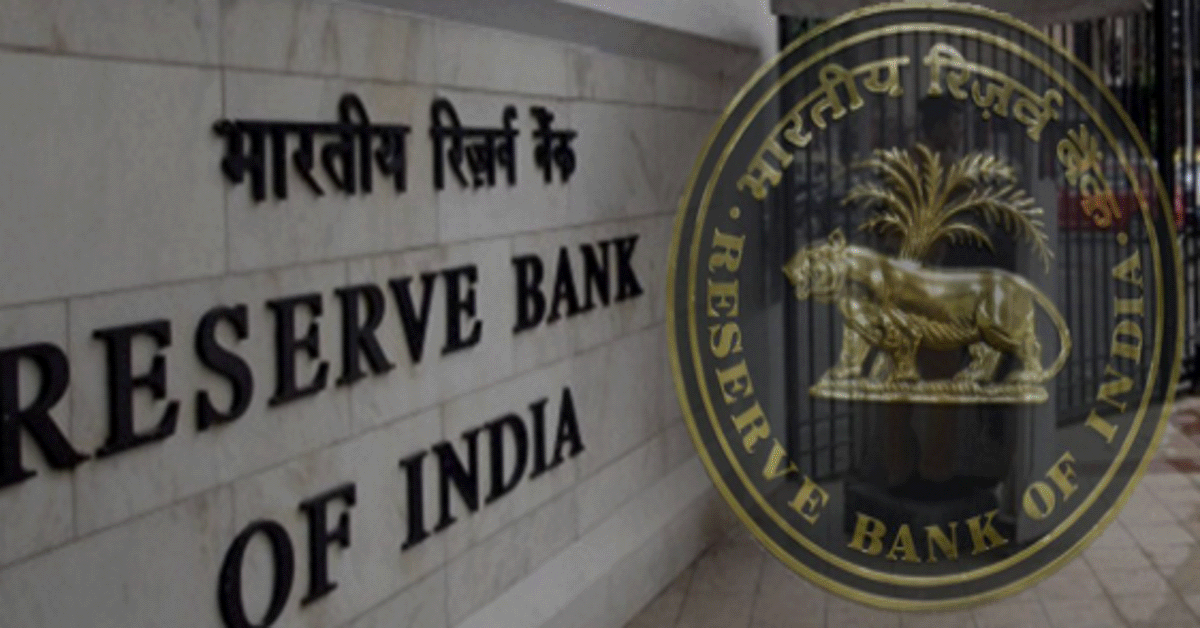The Reserve Bank of India (RBI) has issued directions to four non-banking financial companies (NBFCs) to stop loan sanction and disbursement activities. This decision affects Asirvad Micro Finance Limited, Arohan Financial Services Limited, DMI Finance Private Limited, and Navi Finserv Limited. The halt will take effect from the close of business on October 21, 2024.
The RBI’s action is based on serious concerns regarding the pricing policies of these NBFCs. Specifically, the central bank found issues related to the Weighted Average Lending Rate (WALR) and the interest spread over their cost of funds. The rates charged by these companies have been deemed excessively high and not in line with regulatory guidelines.
The RBI pointed out that these NBFCs not only charged high prices but also failed to adhere to regulations concerning the assessment of household income. Additionally, they did not adequately consider current or future monthly repayment obligations for microfinance loans. This oversight raises concerns about the financial well-being of borrowers.
Regulatory Framework Violations
According to the RBI, the pricing practices of these companies do not align with the standards set in the Master Direction – Reserve Bank of India (Regulatory Framework for Microfinance Loans) Directions, 2022. The guidelines were updated on July 25, 2022, and provide clear regulations for microfinance operations. The RBI also referenced the Master Direction – Reserve Bank of India (Non-Banking Financial Company–Scale Based Regulation) Directions, 2023, which was updated on March 21, 2024. Both sets of regulations are designed to protect borrowers and ensure fair lending practices.
The RBI emphasized that the actions taken against these NBFCs are necessary to uphold the principles of fair lending. The bank’s Fair Practices Code mandates transparency and fairness in lending, ensuring that borrowers are not exploited.
Future Evaluation
The RBI stated that it will reconsider these restrictions once the affected companies demonstrate compliance with regulatory guidelines. This includes making necessary changes in their pricing policies, improving risk management practices, enhancing customer service, and establishing effective grievance resolution mechanisms.
The central bank’s intervention highlights the importance of regulatory oversight in the financial sector, particularly for microfinance institutions that serve vulnerable populations. These measures are intended to protect consumers from predatory lending practices and ensure that they are treated fairly.
This decision may have significant implications for borrowers who rely on these NBFCs for financial support. With the halt in loan activities, individuals seeking microfinance loans may face challenges in accessing funds. This situation underscores the need for borrowers to be vigilant and informed about the terms and conditions of the loans they seek.
For the NBFCs involved, this action serves as a wake-up call to reassess their pricing strategies and compliance practices. By aligning with RBI regulations, these companies can rebuild trust with borrowers and regulators alike.
The RBI’s decisive action against Asirvad Micro Finance Limited, Arohan Financial Services Limited, DMI Finance Private Limited, and Navi Finserv Limited reflects its commitment to maintaining a fair and transparent lending environment in India. As the financial landscape continues to evolve, both borrowers and lenders must work together to ensure responsible lending and borrowing practices.
By prioritizing compliance and ethical lending, NBFCs can contribute to a more stable and fair financial ecosystem that benefits all stakeholders involved.
